Historical Female Influencers in Automatic Control
Historical Female Influencers in Automatic Control
The aim of this initiative is to gather a collection of portraits of women who worked in control engineering over the decades and left their mark. The purpose is to document their role and importance in the field of control engineering and to highlight the role of women for today’s students.
There are some early female historical influencers (retired or emeritus female professionals) who have served as role models in the field of automatic control.
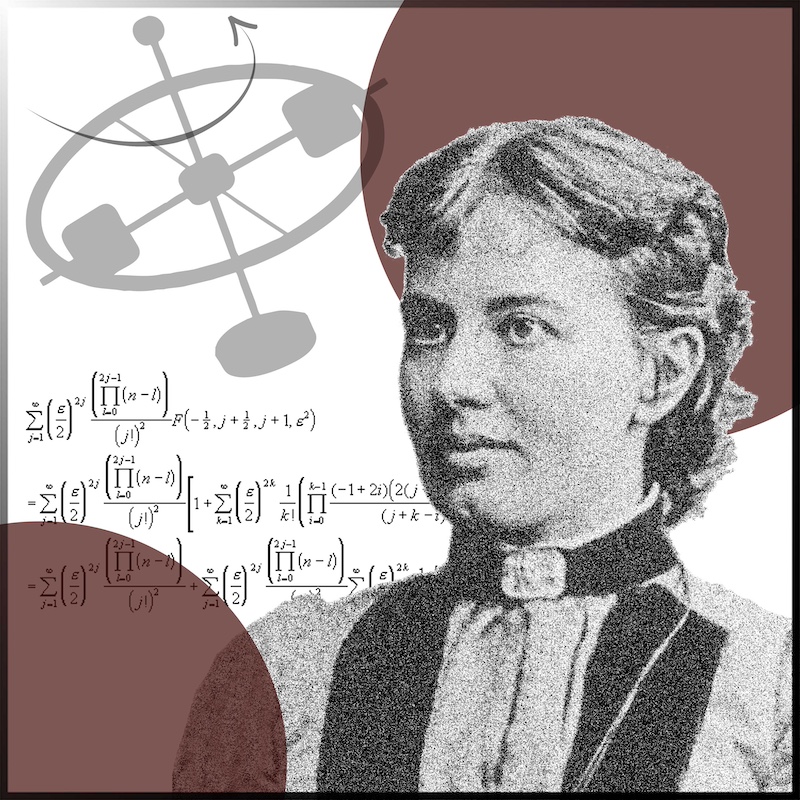 | 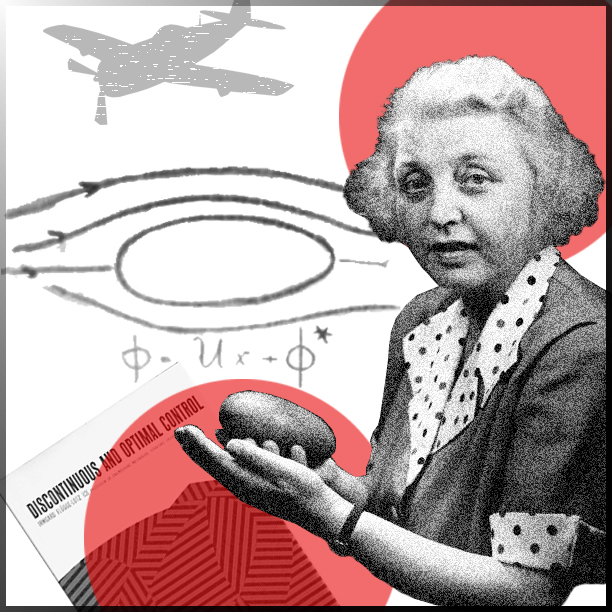 | 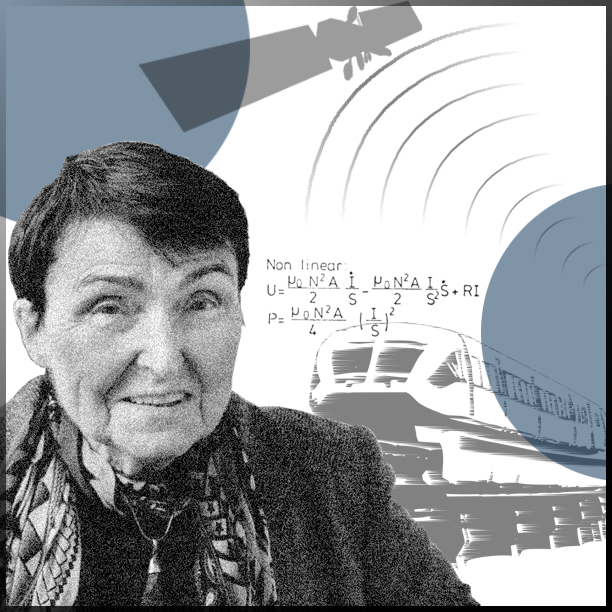 |
| Sofya Kovalevskaya | Irmgard Flügge-Lotz | Eveline Gottzein |
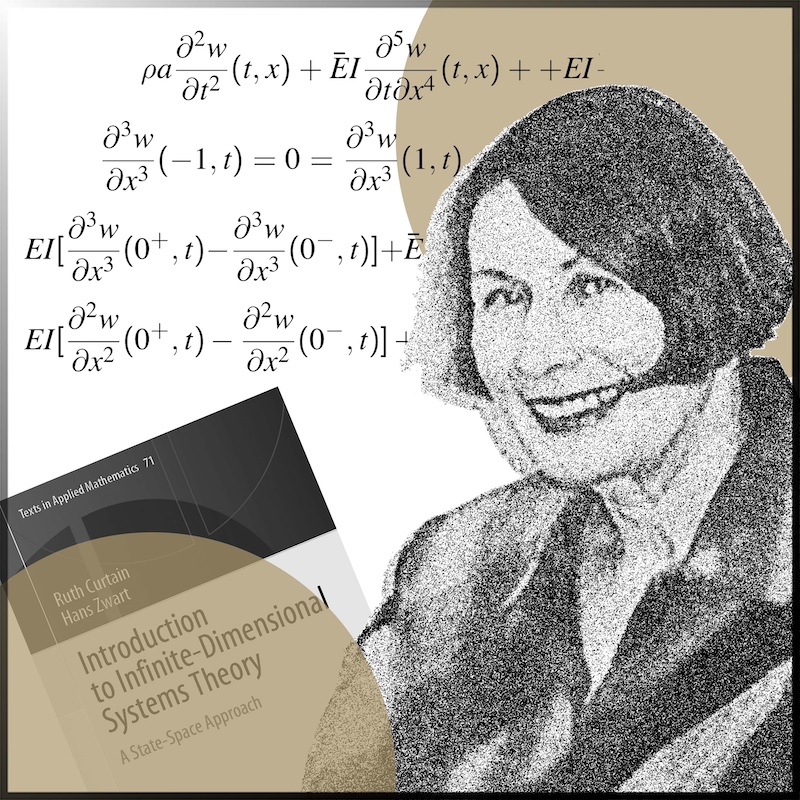 | 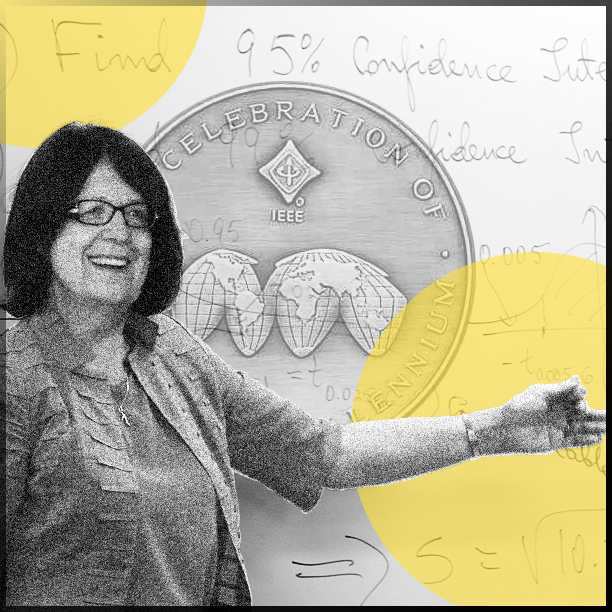 | 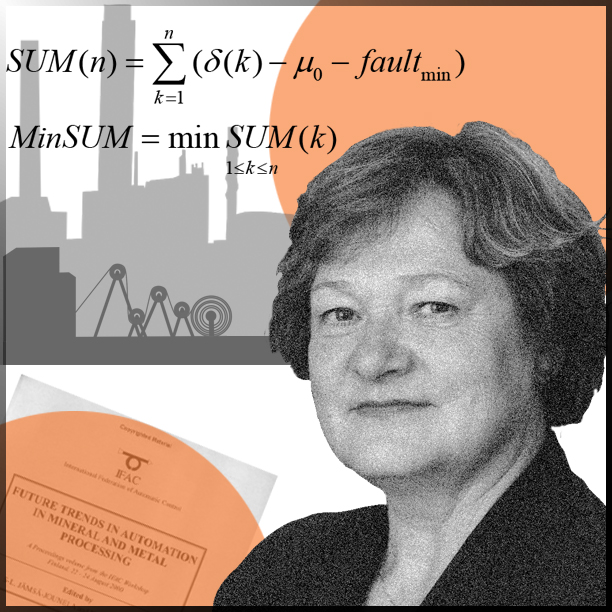 |
| Ruth Curtain | Bozenna Pasik-Duncan | Sirkka-Liisa Jämsä-Jounela |
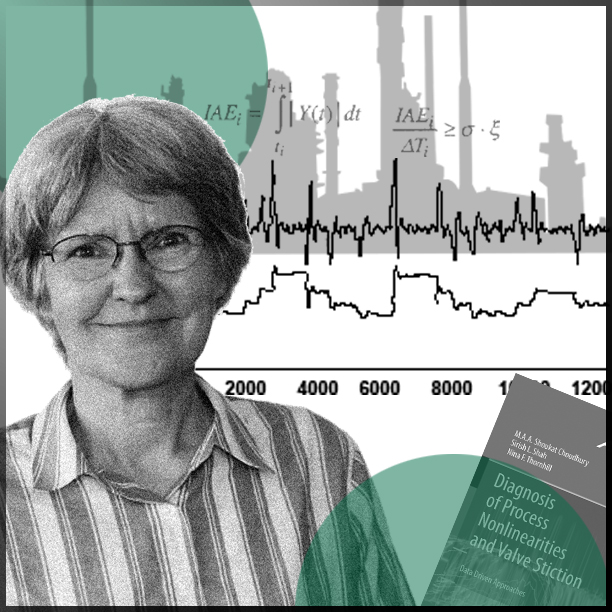 | 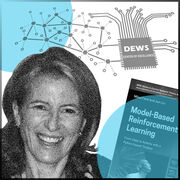 | |
| Nina Thornhill |
A role model is a person who serves as an example by influencing others, and inspiring others to imitate his or her behavior. When we are young and grow up, the role model is usually an elder person, someone who we admire. Often it is a parent, a teacher, a sibling or an elder friend that is that person that we look up to and, intentionally or unintentionally, get inspiration from. As we grow elder, and start to shape our working-life, it becomes important to have professional role models, someone that we can identify ourselves with, someone that demonstrates, in a good way, how our working life could be. Having them pushes us to make the most out of our working life. It is interesting to look at the presence of role models in the control community. The elder professionals in this field, influences the younger, and thereby shape the younger generation. There are many occasions where younger, potential future control professionals, could be influenced by elder professionals. One occasion is in the class room e.g. when examples of pioneers in the field are highlighted. One other example is in the everyday working environment e.g. laboratories or offices, where histories and anecdotes from the passed are shared. Yet another example, are the award winners in the field, who just by getting the price raises their influence in the field.
Statistics from e.g. Department of Automatic Control, Lund University, Sweden. Shows that only 11 out of the 128 PhD theses, thoughout its 60 years of history, are written by women. Statistics also show that only 14% of the PhD-students, and 9% of the professors are of female gender. These numbers are very low. Most probably the statistics from control department in other corners of the world, are very similar. Could it be that female rolemodels are missing?
It is noted that early pioneers that are highlighted in basic control courses often (always? ) are men e.g. Bode, Nyquist, Kalman, etc. Also, award winners are to a very large degree men, e.g. Richard E Bellman Award was given to a man 40 years in a row. This has an explanation in the fact that there are no women in the field, but how could they enter if there are hardly no role models to identify with?
The portrait series of these women can be used in various outreach material such as e.g. lecture notes, and other inspirational material for young and potential future control professionals. The interviews will also serve as input material to an academic paper presented to be submitted to a suitable control journal.
The primary purpose is to produce material that highlights historical female control pioneers (i.e. early role-models). The general thought is that everyone in the field will benefit from a more gender equal field. The field cannot reach its full potential, when a big portion of the contributors are not finding their way in to the field. Therefore, the material will be of importance to the field in itself. However, the material will find an additional purpose amongst young, female, and promising potential candidates, that today have a difficulty in finding anyone to identify with.
Outreach Activities:
September 20, 2024 - Diversity and Incusion Workshop at University of Mauritius, an oral presentation for young students and high-shool pupils followed by group discussions. University of Mauritius, Ebene, Mauritius.
September 15-17, 2024 - Control Conference Africa 2024, oral presentation and luncheon at the conference venue, Balaclava, Mauritius.
June 27, 2024 - 25th anniversary for automatic control in Sweden, oral presentation at KTH, Stockholm Sweden.
June 25-28, 2024 - European Control Conference (ECC), exhibition with banners at the main atrium of the conference, KTH Stockholm Sweden
June 12-14, 2024 - IFAC PID conference 2024, exhibition with large posters at the conference registration, Almeria, Spain
March 8, 2024 – International Women’s Day, first exhibition with banners at ELLIIT Workshop at Lund University (Excellence Center at Linköping and Lund in Information Technology)
February 2024 – IFAC Newsletter article on the IFAC Activity Fund and special mention of the Female Historical Influencers in Control project
February 9, 2024 – Japanese Delegation at Lund University, oral presentation
December 6, 2023 – Faculty of Engineering at Lund University (LTH), oral presentation
November 10, 2023 – Sonja Kovalevski Day at Örebro University, Sweden, with school pupils in their final years who have shown great potential in maths and sciences, oral presentation.
August 2023 – Publication: Johnsson, C., Jönsson-Belyazid, U., Westin, E., Soltesz, K., Hägglund, T., & Bauer, M. (2023). Historical female influencers in automatic control. IFAC-PapersOnLine, 56(2), 4693-4698.
July 10, 2023 – IFAC World Congress, Oral presentation in track on control education (TC9.4)
June 10, 2023 – Hamburg University of Technology (TUHH) flinta* day – oral presentation on women in control to students and staff from all faculties
Financial Support:
We are grateful for the financial support and sponsoring that we have received from; IFAC Activity Fund, Dept of Automatic Control, Lund University Sweden, ELLIIT, ECC (European Control Conference), and IEEE CSS Outreach Fund.
